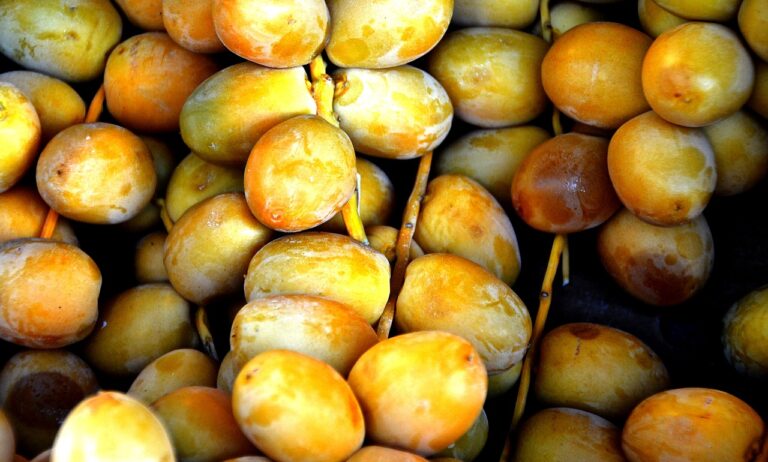Biotechnology Approaches for Sustainable Urban Agriculture: Laser book, Silverexch, 11xplay reddy login
laser book, silverexch, 11xplay reddy login: Biotechnology Approaches for Sustainable Urban Agriculture
Urban agriculture is becoming increasingly popular as more people look for ways to grow their food in a sustainable and environmentally friendly manner. With limited space and resources in urban areas, biotechnology offers innovative solutions to overcome these challenges and ensure a steady supply of fresh produce.
Biotechnology can help urban farmers increase crop yields, improve plant resilience to pests and diseases, and reduce the need for harmful chemical pesticides and fertilizers. By harnessing the power of biotechnology, urban agriculture can become more sustainable and productive than ever before.
Below are some key biotechnology approaches that are transforming urban agriculture:
1. Genetic engineering
Genetic engineering allows scientists to modify plant DNA to enhance desirable traits such as drought tolerance, disease resistance, and increased yield. By genetically engineering crops, urban farmers can grow more food in a smaller space and reduce the use of water and pesticides.
2. Vertical farming
Vertical farming is a sustainable agriculture technique that involves growing crops in vertically stacked layers. Biotechnology plays a crucial role in vertical farming by providing crops with the necessary genetic traits to thrive in controlled indoor environments.
3. Hydroponics and aeroponics
Hydroponic and aeroponic systems use nutrient-rich water or mist to grow plants without soil. Biotechnology has enabled the development of genetically modified crops that can thrive in these soil-less systems, making urban agriculture more efficient and productive.
4. Bio-fertilizers
Bio-fertilizers are natural fertilizers made from beneficial microorganisms that help plants absorb nutrients more efficiently. Biotechnology is used to develop these bio-fertilizers, which can improve soil health and reduce the reliance on chemical fertilizers in urban farming.
5. Biopesticides
Biopesticides are eco-friendly alternatives to chemical pesticides that use natural substances to control pests and diseases. Biotechnology has led to the development of biopesticides that are safe for humans, animals, and the environment, making them ideal for sustainable urban agriculture.
6. Precision farming
Precision farming involves using technology such as sensors, drones, and GPS to monitor and manage crops with precision. Biotechnology plays a crucial role in precision farming by providing tools to analyze data and optimize farming practices for maximum efficiency and sustainability.
These biotechnology approaches are revolutionizing urban agriculture and paving the way for a more sustainable and environmentally friendly future. By harnessing the power of biotechnology, urban farmers can overcome the challenges of limited space and resources and produce fresh, healthy food for their communities.
FAQs:
Q: Are genetically modified crops safe to eat?
A: Yes, genetically modified crops that have been approved by regulatory agencies are safe to eat. These crops undergo rigorous testing to ensure they are safe for human consumption.
Q: Are biopesticides as effective as chemical pesticides?
A: Biopesticides can be just as effective as chemical pesticides in controlling pests and diseases. They are also safer for humans, animals, and the environment.
Q: How can urban farmers implement biotechnology in their operations?
A: Urban farmers can implement biotechnology by using genetically modified seeds, bio-fertilizers, biopesticides, and precision farming technologies to improve crop yields, reduce chemical inputs, and sustainably grow food in urban areas.







